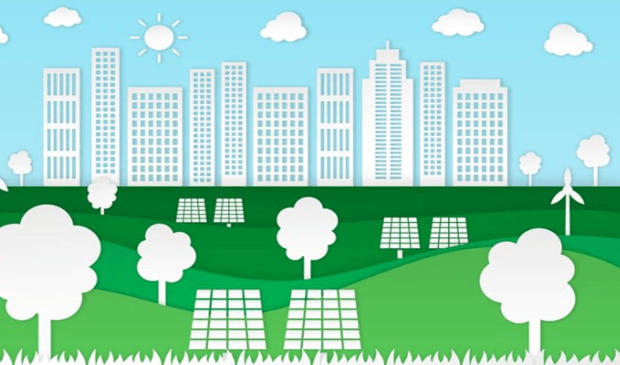The surge in green buildings across tier 2 cities such as Indore is being significantly driven by the information technology sector and large-scale infrastructure projects.
This trend is further bolstered by the increasing emphasis on sustainable and resilient development, according to a senior executive from a leading certification body for green projects in India. Indore, a key city in this green revolution, currently boasts approximately 170 certified green building projects, with an impressive 150 of these projects achieving a gold rating. In the state of Madhya Pradesh, there are around 357 projects, spanning a vast 72 million square feet, which have registered for green building certifications. These projects encompass residential, commercial, industrial, and educational facilities, underscoring the widespread adoption of green standards. Notable green certified projects in and around Indore include major names like Tata Consultancy Services (TCS), Volvo Eicher, DMart Nipania, Ratlam railway station, and Club Mahindra at Kanha. These projects exemplify the commitment to sustainable construction practices in the region.
The deputy executive director of the Indian Green Building Council (IGBC) anticipates exponential growth in green spaces within tier 2 and tier 3 cities in the coming years. This growth is attributed to the rising awareness of sustainable development and the evolving demand for eco-friendly spaces. The affordable housing segment and office spaces are rapidly adapting to the new-age requirements of green buildings, which promise significant long-term benefits.
A green building, on average, reduces electricity and water consumption by over 30%, making them a prudent choice for future development. India has emerged as a global leader in this domain, ranking second worldwide in terms of green footprint. To date, more than 13,700 projects, equivalent to 11.7 billion square feet, have adopted various IGBC Green and Net Zero Building Ratings. Additionally, the push towards sustainable infrastructure is evident with 750 metro rail stations across India applying for green certifications with IGBC. This shift highlights the growing recognition of the importance of sustainable practices in the nation’s infrastructure development. The data from IGBC reflects a robust commitment to green building standards, positioning India as a pivotal player in the global green building movement. As tier 2 cities like Indore continue to embrace these practices, the country moves closer to achieving its sustainability goals, ensuring a greener and more resilient future for its urban landscapes.
“Green projects are gearing up pace in tier 2 cities and small towns due to massive infrastructure push and expanding commercial spaces.
Several projects have registered for green certification in Indore and different parts of Madhya Pradesh. The presence of IT companies, metro and commercial spaces has given a boost to green building projects in Indore,” said M Anand, deputy executive director, Indian Green Building Council (IGBC), part of the Confederation of Indian Industry (CII).



